|
In the dynamic landscape of local politics, the Tri-City Regional Chamber of Commerce stands as a beacon of unbiased business advocacy. While we maintain a steadfast policy of not endorsing political candidates, we recognize the importance of informed voting for the prosperity of our community.
To bridge this gap, we collaborate with partners who assess candidates and offer recommendations based on a thorough understanding of business impacts. Among these partners, the Association of Washington Businesses shines as a key contributor. You can review the entire list of AWB recommendations on their 2024 Elections page, here. Not every race will have an endorsement based on a candidates vote record or Association interview. For the legislative races in Benton and Franklin Counties here are the AWB recommendation. 8th Legislative District
We depend on the expertise of the Association of Washington Businesses to guide our members and the broader community in making well-considered electoral decisions. To learn more about these candidates please review out Vote for Business Guide. We asked each candidate to complete a short questionnaire and we have published their answers here. Be informed and make sure you vote by August 6th.
0 Comments
Washington State Introduces “Washington Saves” Retirement Program Washington state is taking steps to implement a new retirement program, joining 15 other states with similar initiatives. The recently passed ESSB 6069 establishes “Washington Saves,” an automatic enrollment individual retirement savings program. Key Points:
This initiative aims to empower individuals to save independently for their retirement, contributing to long-term financial security. Despite initial confusion with other state programs, the auto-enrollment retirement plan is designed to benefit Washington residents in the years to come. You can learn more about the program here. AuthorMatt Murphy, TCRCC Government and Regional Affairs Director, [email protected] We are currently seeking volunteers to join our Local Government Affairs Committee. This is a unique chance for individuals who are passionate about business and government regulations to make an impact in our community.
Why Join the Local Government Affairs Committee? The Local Government Affairs Committee is a platform where you can engage in meaningful discussions about local government affairs and advocate for policies that promote a favorable business climate. It's a place where you can collaborate with other business leaders to address regulatory challenges and influence the direction of our local business community. What Can You Expect? As a volunteer, you will be part of a team that identifies and advocates on issues relating to business and government regulations. Your insights and experiences will be invaluable in shaping the business landscape of the Tri-City region. How to Get Involved? If you're interested in volunteering, we'd love to hear from you! Please reach out to us and we'll guide you through the next steps. We look forward to welcoming you to our committee and working together to make the Tri-City region a better place for businesses to thrive. You can reach Matt Murphy, Government & Regional Affairs Directory at [email protected] In 2023, the Governor signed House Bill 1106, which expanded the good cause reasons for voluntarily quitting employment set forth in RCW 50.20.050 and updated the employer benefit charging requirements set forth in RCW 50.29.021.
Washington State House Bill 1106, passed in 2023, is an act concerning qualifications for unemployment insurance when an individual voluntarily leaves work. Here are the key points:
The Department is engaging in rulemaking to implement HB 1106. This rulemaking is being completed in stages. We have completed the first stage, which updated WAC 192-150-055. They are now working on the second phase and updating the rules to define the term "split shift" and to incorporate quitting for good cause due to inaccessible care of a child or vulnerable adult, which was added by House Bill 1106. There is a draft ready to share and would like your feedback. Please send any comments or suggestions regarding the rulemaking to [email protected] or to: Attention: Stephanie Frazee, Legislation and Rules Coordinator Employment Security Department P.O. Box 9046 Olympia, WA 98501 Please submit comments or suggestions by Tuesday, April 23, 2024. Please identify the rulemaking as "Expanding Good Cause for Voluntarily Quitting Employment" in your comments. Washington State has recently undergone a significant legislative redistricting process, resulting in changes to electoral boundaries. A federal judge's ruling has redrawn district maps, impacting both lawmakers and voters. In this article, we'll explore the redistricting process, its ramifications for Eastern Washington, and the implications for representation and political dynamics.
The redistricting process occurs every ten years following the U.S. Census. Its purpose is to adjust electoral boundaries to ensure equal representation based on population shifts. In Washington State, the bipartisan Washington State Redistricting Commission is responsible for drawing new district lines. A federal judge ruled that the original district maps drawn in 2021 violated the federal Voting Rights Act by diluting the voting power of the Latino community in the Yakima Valley and Pasco areas. As a result, the court ordered a redrawing of legislative district boundaries. U.S. District Court Judge Robert Lasnik approved a new legislative map (Remedial Map 3B) that addresses voting rights concerns. Notably, it creates a majority-Latino voting district in Central Washington, uniting Latino communities across the Yakima Valley into the 15th legislative district. This move aims to empower Latino voters to elect representatives aligned with their priorities. The redistricting decision impacts several current lawmakers. Senator Nikki Torres (R-Pasco), the only Latina in the Senate Republican Caucus, will no longer be able to run for re-election within her current district boundaries. Redistricting is a complex process with far-reaching consequences. While the new map aims to rectify voting rights violations, it remains a topic of debate. As Eastern Washington adjusts to these changes, voters and legislators must adapt to the reshaped political landscape. The current ruling is being challenged in court with the results due in the next month or two. With the end of the 2024 Legislative Session, wrap-up meetings in the communities have begun. Both the Tri-City Regional Chamber of Commerce and the Pasco Chamber of Commerce have legislator meetings scheduled in May. The legislators themselves have also begun to plan their own town hall meetings. The first have been announced by the delegation from the 16th Legislative District, which includes portions of Benton, Walla Walla and Columbia counties. Senator Dozier, Representatives Rude and Klicker invite you to attend one of their three town hall meetings. Meetings will be held:
During the 2023-2024 legislative session, there were over 3,000 bills introduced into the Washington State Legislature by the 147 legislators that represent the citizens of Washington State. Some bills were recommended by government agencies, some encouraged by the Governor, but most were filed by legislators to satisfy a need.
It is a daunting process for a bill to become a law. There are committees, hearings, caucus meetings, and then floor votes. Once a bill is through one chamber it starts all over again until it is finally signed by the governor. Of the nearly 3,200 bills introduced, less than 1,000 ran the gauntlet and made it to the finish line. The 12 legislators in the Tri-City region managed to get a combined 41 bills through during the two-year biennium. Here are a few examples:
The 2024 Tri-Cities Legislative Council achieved success on four out of their six legislative priorities. These accomplishments encompassed several key initiatives:
The first was the Energy Northwest Advanced Small Nuclear Reactor Project: Funding was secured, resulting in a $25 million fund. This is a big win for the region. A pilot project, a Circular Industrial Symbiosis Park in Pasco, received funding for a feasibility study. Additionally, a green fertilizer work group was funded to explore the creation of a manufacturing facility in the Tri-Cities. Columbian Basin College was awarded funds to create the Hospitality Center of Excellence. The center will convene partners to develop relevant credentials, promote paid work experience and provide the opportunity to collaborate with others within the industry. Regrettably, two priorities did not reach fruition House Bill 1981 and House Bill 2120, both sponsored by Representative Barnard were unable to pass both the House and the Senate this session. House bill 1981 would have supported growth in the nuclear and manufacturing industry while furthering the state’s decarbonization initiatives. House Bill 2120 would have extended the Targeted Urban Property Tax exemption which would encourage additional manufacturing investment in Richland. As previously stated in our February 20th update, three initiatives were going to be heard in public hearings before the Washington State legislator. That left three initiatives unsettled.
Those first three initiatives were heard and both the House and the Senate subsequently passed all three initiatives. This action automatically passes the initiatives into law. What’s next for the other three initiatives? Initiative 2117, known as the “Prohibit Carbon Tax Credit Trading and Repeal Carbon Cap-and-Invest Program Measure” would prohibit state agencies from implementing any cap and trade or cap and tax programs. Additionally, it seeks to repeal the 2021 Washington Climate Commitment Act (CCA), which established a cap and invest program aimed at reducing greenhouse gas emissions by 95% by 2050. The CCA's program incentivized businesses to lower emissions by allowing them to sell remaining carbon emission allowances to other companies. Initiative 2124, pertains to state long-term care insurance. The measure proposes that employees and self-employed individuals must actively choose to retain coverage under RCW 50B.04, with the option to opt out at any time. Additionally, it seeks to repeal an existing law related to exemptions for employees. The initiative aims to provide consumer choice regarding long-term care insurance and addresses concerns about affordability, adequacy, and solvency of the current program. Initiative 2109, a citizens’ initiative, seeks to safeguard economic freedom by repealing the controversial capital gains income tax imposed by lawmakers in 2021. This tax, which disproportionately affects individuals with annual capital gains exceeding $250,000, has been widely criticized as unconstitutional and burdensome. By voting in favor of I-2109, Washington residents can encourage investment, protect small businesses, and ensure that hardworking taxpayers retain more of their earnings. Each of these three initiatives will appear on the November general ballot. If these initiatives are passed the initiatives become law. TOD, an answer for affordable housing?Transit-Oriented Development (TOD) is a type of urban development that maximizes the amount of residential, business, and leisure space within walking distance of public transport. In Washington State, TOD is seen as a key solution to the state's massive housing shortage.
Recent bills introduced into the Washington State legislature would limit a city or county’s ability to enact or enforce new development regulations within certain transit hub parameters. They would also require a certain percentage of new units be set aside as affordable housing. Counties and cities would also face additional restrictions on parking requirements. As for affordable housing, TOD can indeed contribute to it. However, it's important to note that while TOD can drive up property prices and accelerate gentrification, this can be offset by allocating a significant portion of the new development to affordable housing. When low-income households are priced out of TOD areas, the cost savings of living in a more affordable area can be offset by higher transportation expenses associated with automobile dependency. Therefore, the inclusion of affordable housing in TOD is crucial to ensure that the benefits of such developments are accessible to residents of all income levels. The most recent bill before the Washinton State legislature (E2SHB 2160) is currently in the Senate Ways & Means Committee waiting for a chance at the Senate floor. There is only about a week for the bill to proceed. |
Categories
All
Archives
July 2024
|
|
Copyright © Tri-City Regional Chamber of Commerce. All rights reserved.
7130 W Grandridge Blvd., Suite C, Kennewick, WA 99336 USA Phone: (509) 736-0510 [email protected] |
Hours
Monday - Thursday: 8 am - 5 pm (closed for lunch 12 - 1 pm) Friday: 8 am - 12 pm Closed Weekends |






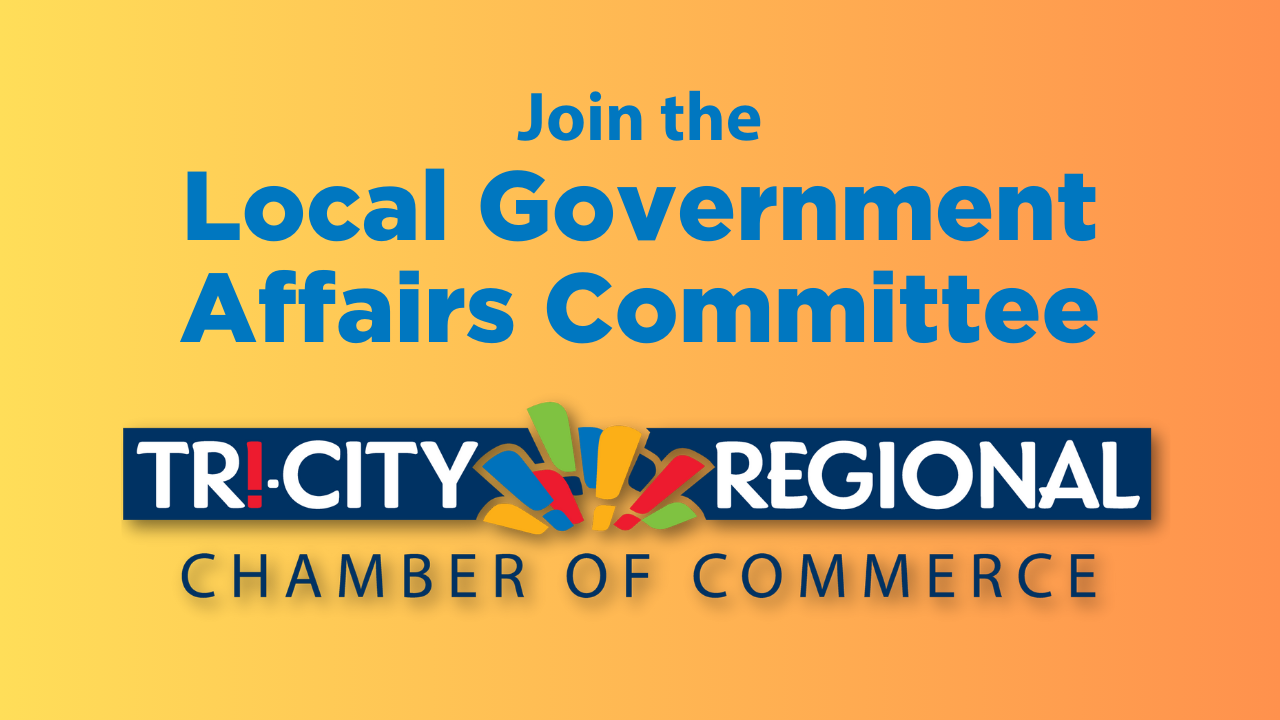
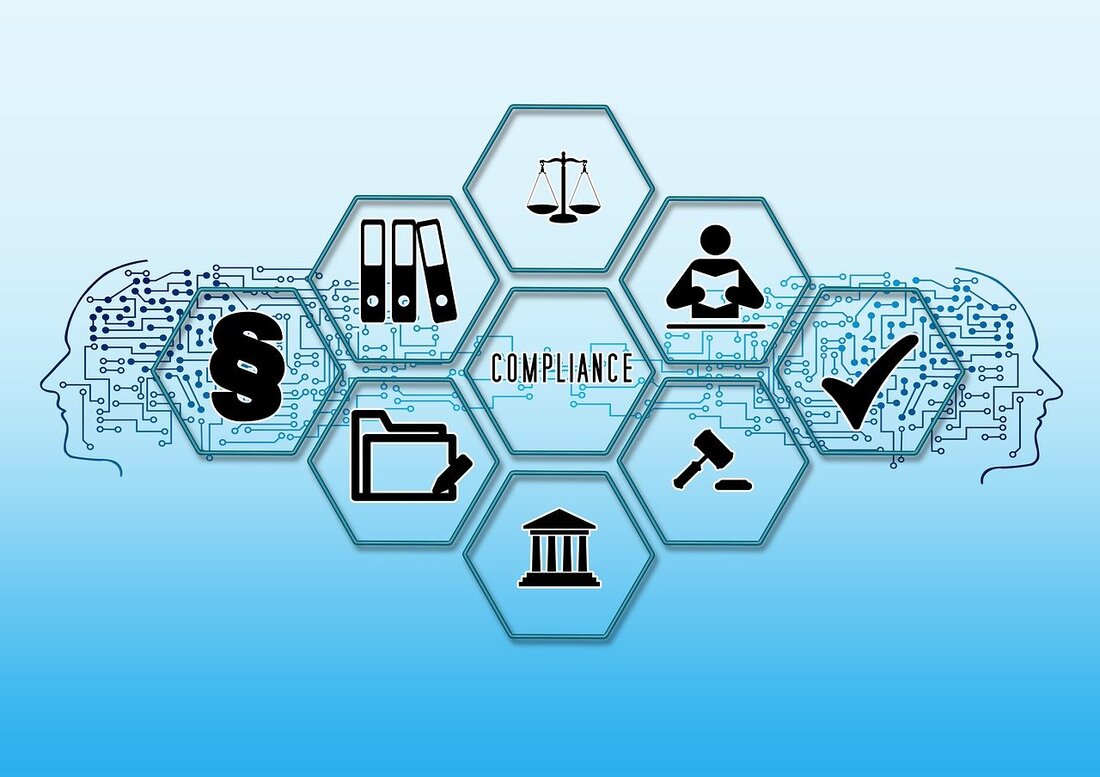
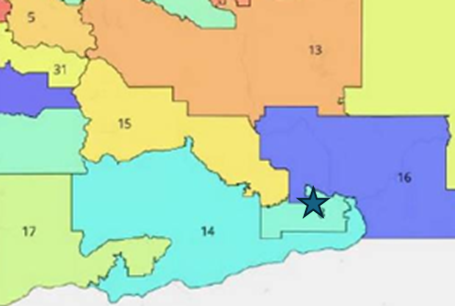
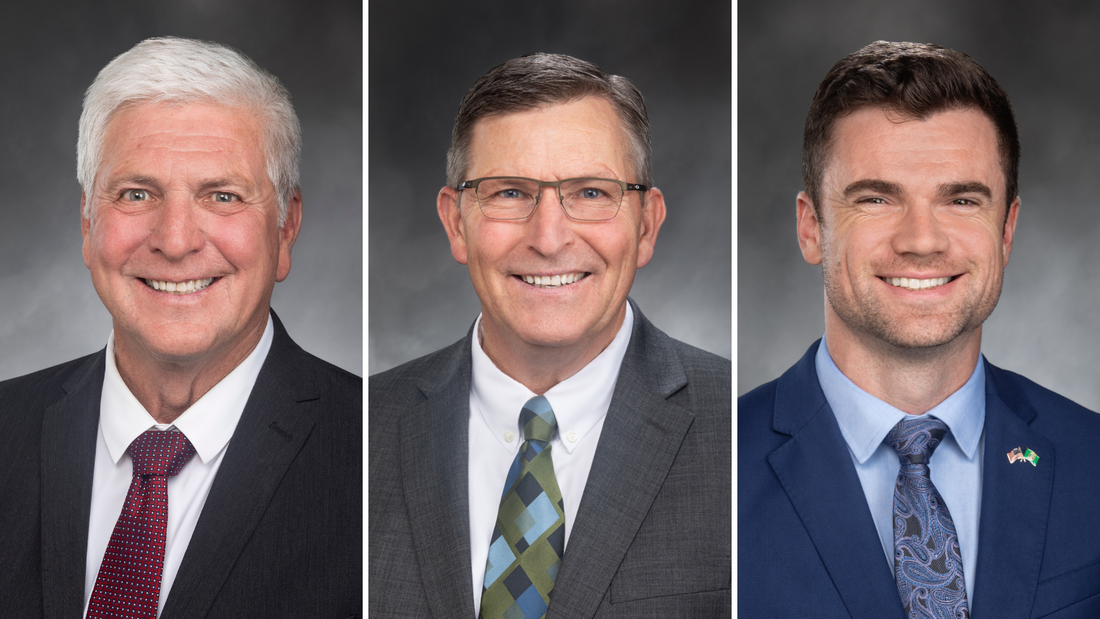
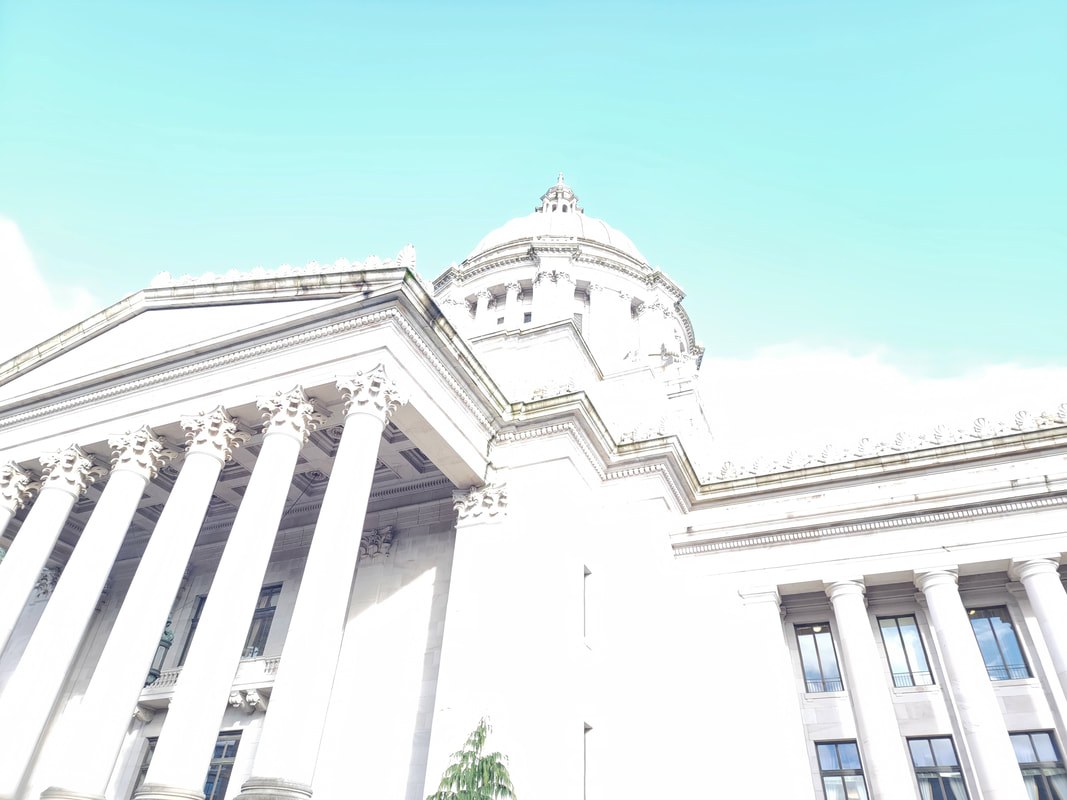
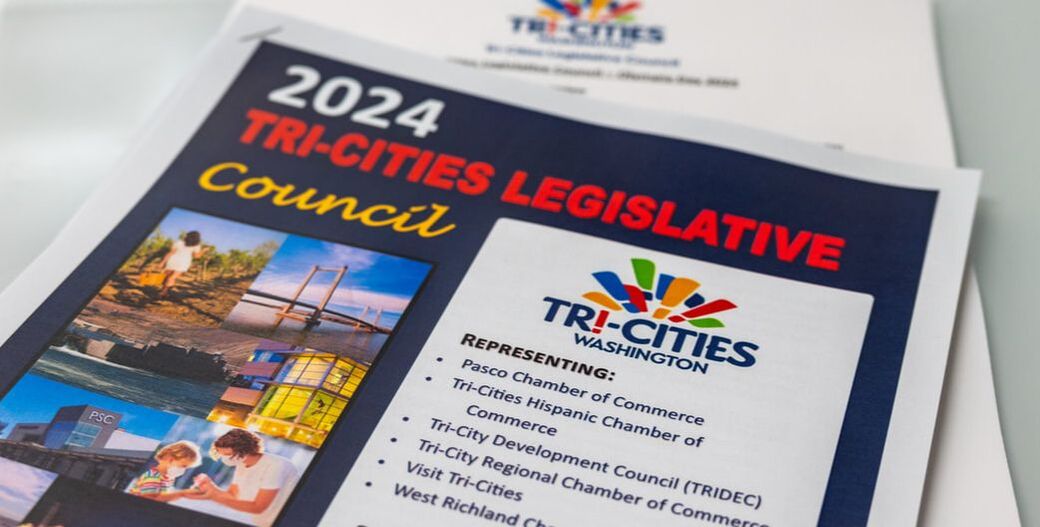

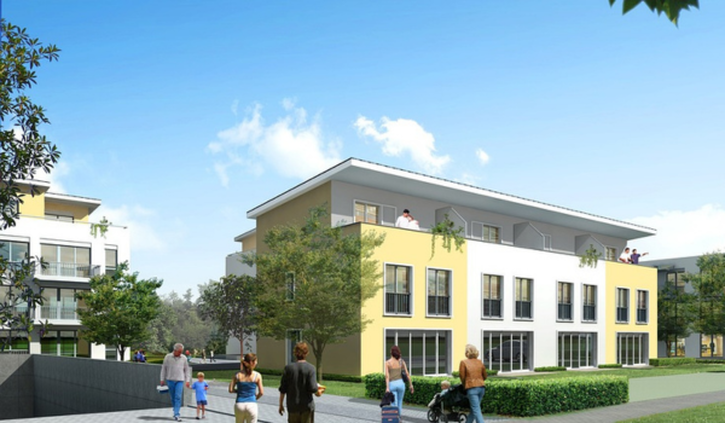
 RSS Feed
RSS Feed